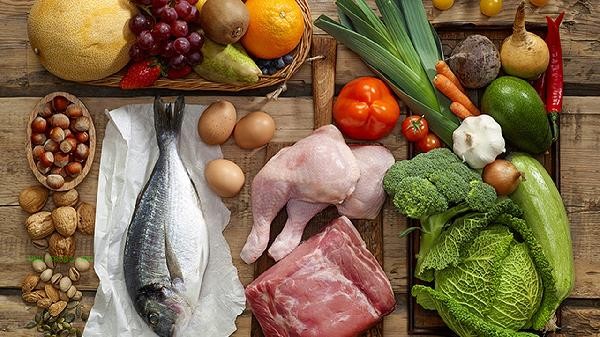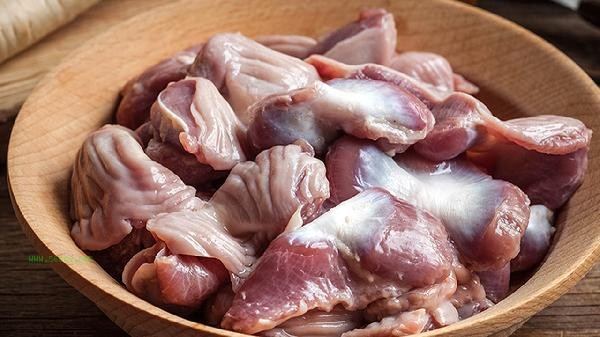Long term abstinence from meat among adolescents may lead to protein deficiency, anemia, weakened immunity, delayed growth and development, and impaired cognitive function. Meat is an important source of high-quality protein, iron, zinc, and vitamin B12, and long-term deficiency of these nutrients may lead to various health problems.

1. Protein deficiency
Meat is the main source of high-quality protein, which is the basic substance that makes up human cells and tissues. Adolescents are at a critical stage of growth and development, and insufficient protein intake can affect muscle development, organ function, and hormone synthesis. Long term deficiency may lead to weight loss, lack of physical strength, and slow wound healing.
2. Anemia risk
Meat is rich in heme iron, and its absorption rate is much higher than that of plant-based iron. Teenagers have a high demand for iron, and iron deficiency may lead to iron deficiency anemia, manifested as fatigue, dizziness, and lack of concentration. Female adolescents need to pay more attention to iron supplementation due to menstrual bleeding.
3. Decreased immunity
Zinc and vitamin B12 in meat are crucial for immune system function. Zinc deficiency can affect lymphocyte proliferation and antibody production, increasing the risk of infection. Vitamin B12 deficiency may lead to megaloblastic anemia and neurological damage.

4. Delayed growth
Multiple nutrients in meat synergistically promote growth and development. Protein and zinc are involved in the synthesis and action of growth hormone, while iron affects oxygen transport and energy metabolism. Long term insufficient intake may lead to slow height growth and delayed development of secondary sexual characteristics.
5. Cognitive impairment
Iron, zinc, and vitamin B12 in meat play important roles in brain development and nerve conduction. Lack of these nutrients may affect memory, learning ability, and emotional regulation, and in severe cases may lead to irreversible nerve damage. For teenagers who cannot eat meat due to special reasons, it is recommended to supplement protein and trace elements through soy products, nuts, whole grains, and fortified foods. If necessary, nutritional supplements should be used under the guidance of a doctor. Parents should regularly monitor their children's growth and development indicators, ensure diversified diets, and avoid nutritional imbalances caused by dietary preferences. A reasonable dietary structure has a long-term impact on the physical and intellectual development of adolescents.









Comments (0)
Leave a Comment
No comments yet
Be the first to share your thoughts!